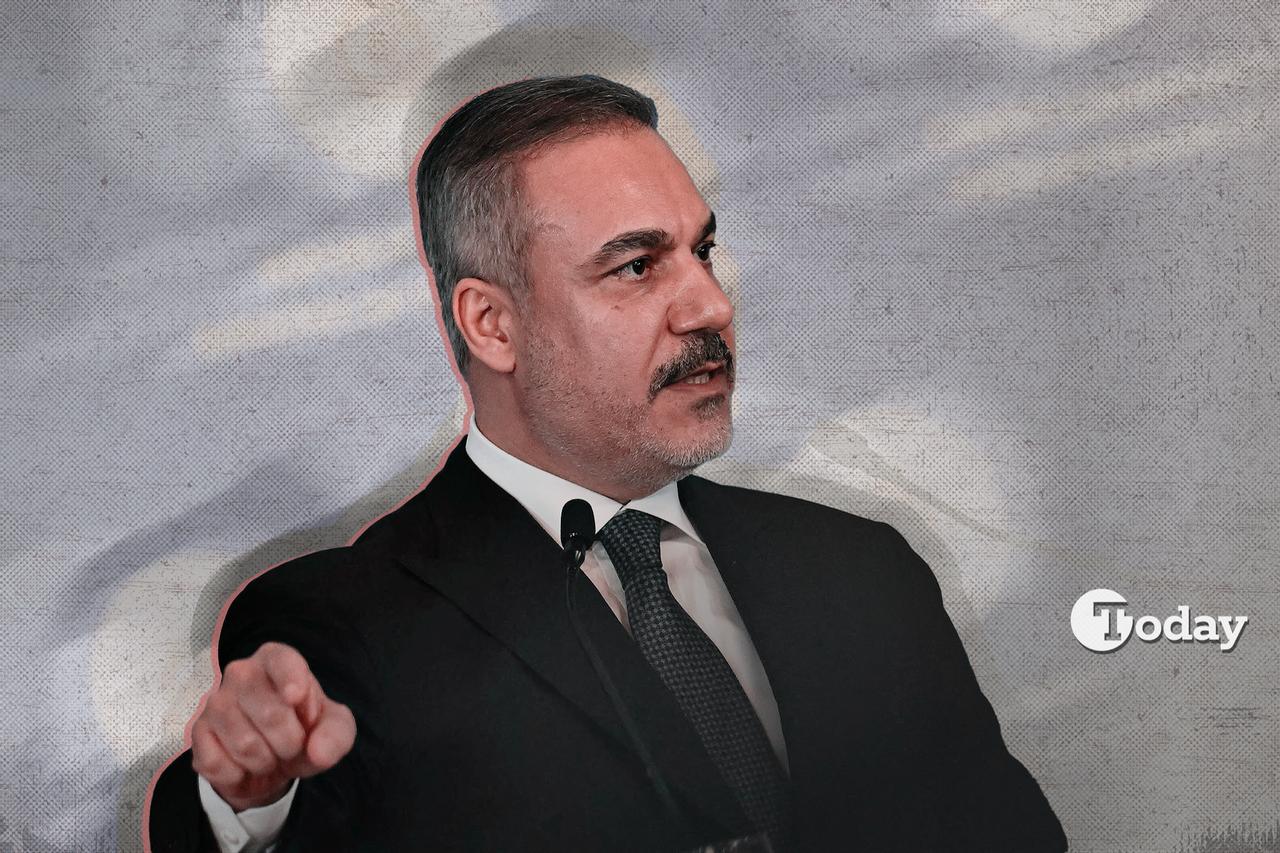
While one would wish that problems and disagreements could be resolved through peaceful dialogue and negotiations without the shadow of armed threats, Syria remains a sobering reminder of harsh realities.
The long-anticipated integration of the SDF into the Syrian state has stalled—derailed in part by Israeli interference.
In response, Türkiye has felt compelled to flex its military muscles, signaling to the SDF that it must either take proper steps toward integration or face the risk of escalation.
At a joint press conference with his Syrian counterpart, Foreign Minister Hakan Fidan issued a pointed message:
“The upper echelons of the YPG need to stop playing for time because the chaos they're waiting for (in Syria) will not take place, and even if it does, it will not be to their advantage.”
This sharp warning did not emerge in isolation. Following the collapse of the Assad regime, Türkiye and the United States had reached a pragmatic understanding: Turkish military operations against the SDF halted, Washington scaled back its presence in Syria to a single base, the PKK pledged to disarm, and the SDF signed the March 10 agreement with Damascus.
From the start, the SDF never wanted to surrender meaningful autonomy. It entered talks with Damascus reluctantly, nudged forward only by U.S. pressure.
A high-profile meeting in Damascus, mediated by U.S. envoy Thomas Barrack, yielded no tangible results. Still, Washington kept pressing.
Expectations shifted dramatically after unrest in Sweida. Violence between Bedouin tribes and Druze militias erupted, prompting a failed attempt by the Syrian army to restore order. Israeli intervention compounded the situation, further destabilizing the region.
For the SDF, Israel’s rejection of a unified and centrally governed Syria offered new hope of preserving its de facto autonomy in northeastern Syria.
The Hasakah conference, convened by the SDF, marked a clear indication of this changing posture.
Sensing this shift in the balance of power, Türkiye recalibrated the balance of power between Damascus and the SDF, which Israel had altered.
By flexing its military strength, Ankara seeks to strong-arm the SDF into implementing the March 10 agreement.
Fidan’s remarks served as a final warning: either the SDF complies, or Türkiye will support a military solution.
For both Ankara and Damascus, military action remains the second-best option. The preferred outcome is still the peaceful implementation of the March 10 deal.
Syrian President Ahmad al-Shara recently echoed this preference.
“International parties are pushing for a peaceful resolution, and I am optimistic the file will be settled within months,” the Syrian president said.